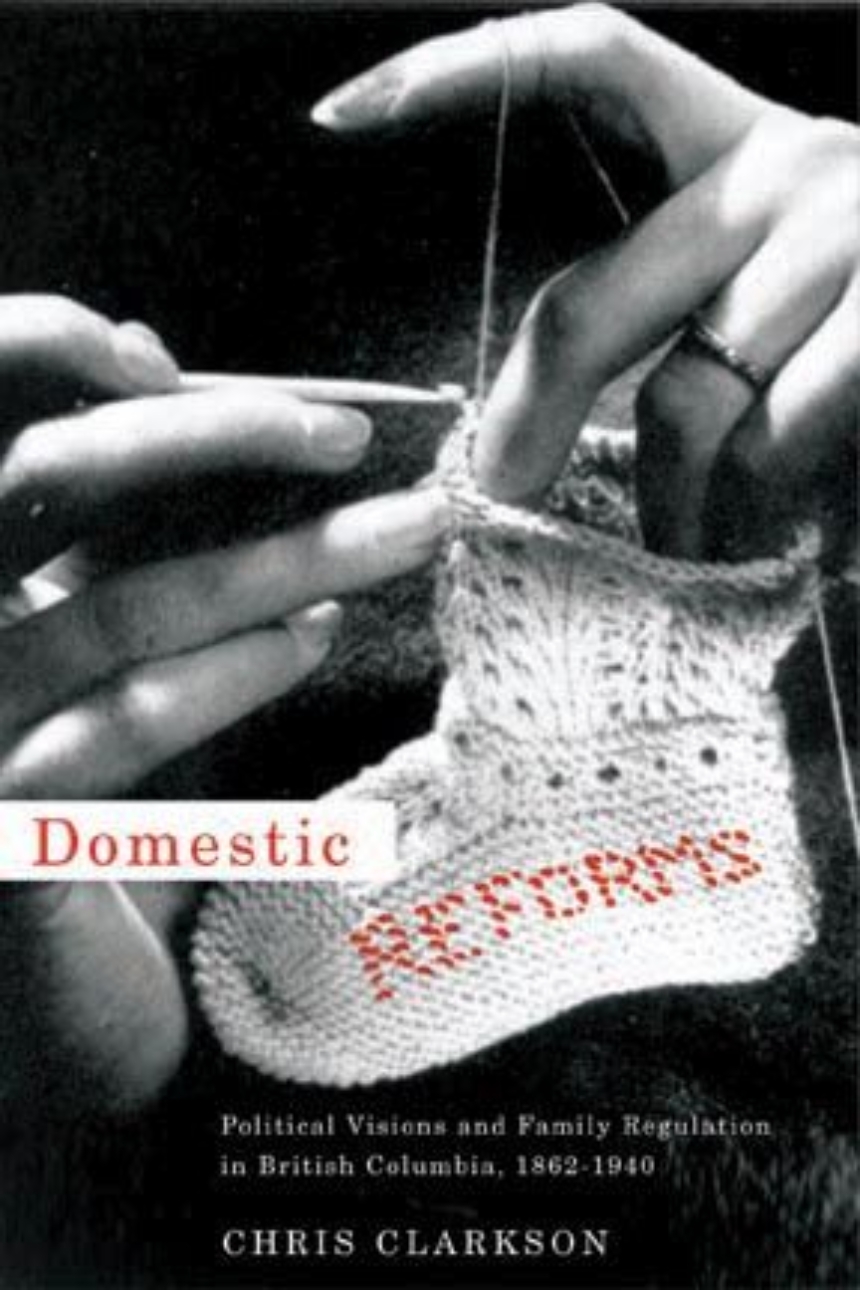University of British Columbia Press
Domestic Reforms
Political Visions and Family Regulation in British Columbia, 1862-1940
Distributed for University of British Columbia Press
Domestic Reforms
Political Visions and Family Regulation in British Columbia, 1862-1940
British Columbia inherited a legal system that granted married men control over most family property and imposed few obligations on them toward their wives and children. Yet from the 1860s onward, lawmakers throughout the Anglo-American world, including legislators on the Pacific Coast, began to grant women and children new rights. Domestic Reforms deftly analyzes the impact of the legislation, with emphasis on the ambitions of regulated populations, the influence of the judiciary, and the social and fiscal concerns of generations of legislators and bureaucrats.
Table of Contents
Part 1: The Yeoman Dream
1. Deserted Wives and Independent Men
2. Married Women, Country Wives, and Destitute Orphans
3. Chivalry and the Democratic Judiciary
Part 2: A Vision of Mutualistic Hierarchy
4. Creditors' Rights, the 1887 Married Women's Property Act, and the Emergence of a Liberal Femininity
Part 3: 'The Conservation of Child-Life'
5. Maintaining the 'Hope of the Race': Child-Saving in a Conservative Era, 1901-15
6. Child Protection and Women's Equality in the Liberal Era, 1916-23
7. Public Policy, Published Decisions, and Police Courts
Conclusion
Notes; Select Bibliography

